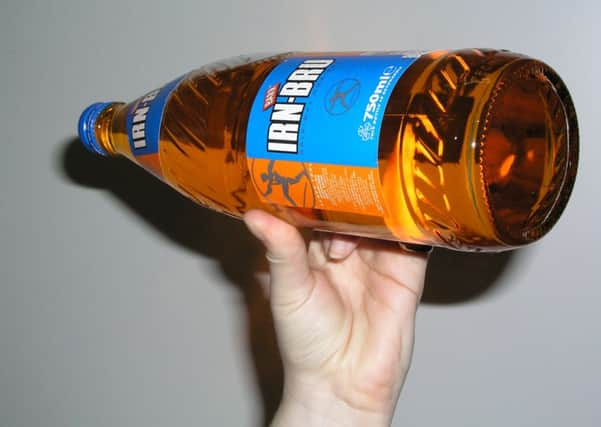Do we have the bottle for a real recycling scheme?


But Barr’s decision was understandable. They were the only manufacturer in this country operating a deposit system, and only on their glass bottles, while cans and plastic bottles continued to take market share. It’s hard for a system like this to work in a culture where no other company’s drinks containers can be returned. The result is that cans and bottles are all too often thrown away, with 22,000 tonnes of plastic bottles alone going into Scottish landfill sites each year.
The solution isn’t to petition Barr to resume their deposit scheme, which at the end saw only about half their glass bottles coming back. The answer is a deposit return system that covers all drinks packaging, including cans and plastic bottles too, an approach which in Germany achieves a return rate of 94 per cent, and in Michigan a staggering 97 per cent.
Advertisement
Hide AdAdvertisement
Hide AdThis approach doesn’t just virtually end litter from drinks containers and promote recycling: it would mean Scottish industry would have better quality raw materials for manufacturing, and that means more good jobs for the long term. It’s also significantly more efficient. Cans can be recycled virtually indefinitely, and doing so uses 95 per cent less energy.
The idea here is to build a circular economy, where plastic, glass and metal are seen as valuable raw materials, not rubbish to be put in landfill or worse, discarded in our green spaces. The Scottish Government is rightly looking into this, and the benefits are substantial. The drinks lobby here may mock the idea, but elsewhere it works very well.
Litter and kerbside recycling cost taxpayers substantial sums. In New South Wales, which has just adopted a deposit return system, local authorities estimated they would save $62m each year. It’s even self-funding, from the small proportion of deposits that go unredeemed.
Scottish ministers already have the powers to make this happen. The only question is this: have they got the bottle?
• John Mayhew, director, Association for the Protection of Rural Scotland
SEE ALSO